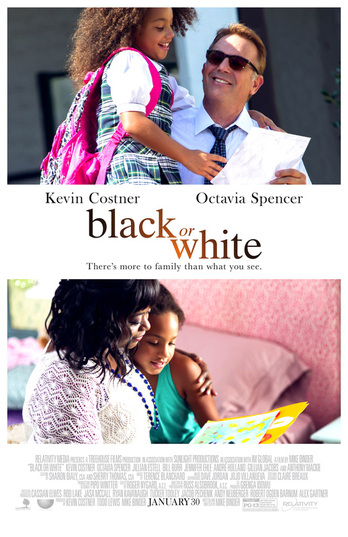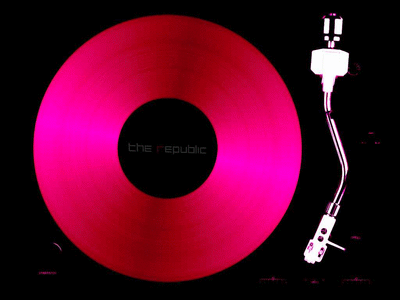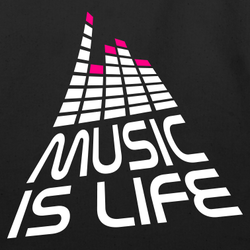 Official movie poster
Official movie poster WARNING: This review contains SPOILERS.
By the trailers and promotional interviews given by producer and lead actor Kevin Costner, Black or White is an enlightening film that boldly confronts racial dynamics and the deeply-rooted, prejudiced psychology that causes racism and bias to still live and breathe today. *Tamar Braxton voice* Lies! It just re-legitimizes the very ideologies it claims to tackle.
Costner plays affluent attorney Elliot Anderson, who loses his wife at the top of the film, leaving him to raise his 8-year-old granddaughter, Eloise (Jillian Estell), on his own. Eloise's mother died during childbirth at age 17; she got pregnant by a then 23-year-old man, Reggie (Andre Holland), with a rap-sheet and drug addiction. Reggie's mother, Rowena (Octavia Spencer), had a genial relationship with Elliot's wife and asks him for shared custody so Eloise will continue to have a mother figure. Elliot's adamant refusal (assumingly a product of his resentment towards Reggie) causes Rowena to hire her lawyer brother, Jeremiah (Anthony Mackie), and initiate a trial. She believes Elliot's hesitant because of her lower middle-class status and that he has negative views about black people, which Jeremiah chooses to harp on and plans to suggest to the judge that he's a bigot. When Reggie comes out of M.I.A. status, he's been clean for 2 years, but immediately asks Elliot for money to pay off shady debts in exchange for testifying in his favor against Rowena. Elliot hands over the money and agrees to schedule a dinner for Reggie to meet Eloise; Reggie of course doesn't show up. When they have an argument about this a few days later, Elliot tells Reggie to stop acting like a "street nigger" because he comes from a good family. Jeremiah brings this up while Elliot is on the stand as evidence of a racist mindset. Elliot explains Reggie used the phrase to describe himself in text messages to his daughter (i.e. "Your street nigger is outside, baby") and it was just embedded in his memory. Likening observing one's race to noticing a woman's cleavage, he says he doesn't know why he automatically sees these things, but asserts it doesn't dictate his feelings and any visible disdain he has is because of Reggie's actions only. That night, Reggie pays him a visit high as a kite while Elliot is drunk as a skunk (he's inebriated most of the movie and often in front of Eloise, by the way). Reggie comes at him with a knife, but Elliot is able to kick it in the pool. Reggie goes in the house to accost Eloise. Elliot ends up falling in the pool, gets tangled up in a tarp and nearly drowns. Upon seeing Eloise's drawing of the 3 of them, Reggie returns to Elliot, pulls him from the water and apologizes for what he did to his daughter. The next day in court, Reggie drops his personal petition and says Elliot is a more adequate parent. Rowena is moved when Elliot doesn't mention what happened the night before (as planned) and she too drops her bid for her full custody, which only escalated from shared because of Elliot's obduracy. In the closing, Elliot drops Eloise off at Rowena's for 2 weeks, with the implication that he's going to seek treatment for his alcoholism.
Racism and discrimination is often dismissed as a figment of minority imagination and/or a past issue that only is a discussion topic because people of color bring it up or "play the race card." Instead of addressing this false perception, the plot development and structure feed into it, as it reads for Rowena's suspicions to be largely unfounded and the 1 instance that could substantiate them is instantly eradicated and weakly explained away without further inspection, conversation or critical thinking and epiphanies on Elliot's part. Elliot gives an impassioned speech on behalf of all whites who have had a "nigger" slip, but there are no monologues that validate Rowena's concern for how Eloise's cultural identity is or isn't being nurtured. The black characters are villainzed: Rowena's wanting to disrupt Eloise's life and makes excuses for Reggie, Jeremiah is the 1st of the lawyers to play dirty and Reggie is a deadbeat, strung-out father. The story shoots for neutrality in the scuffle scene and those that follow by attempting to draw parallels between Elliot and Reggie's substance abuse, but it was too late in the game, not obvious enough and is countered by the rest of the movie with Elliot's clear protagonism. Though he constantly exposes a minor to his alcoholism, says the N-word and fought shared custody for no apparent reason with a woman who's the trusted guardian of her nieces and nephews (that Eloise happily spends time with), we're supposed to sympathize the most with him. Not to mention, it's so unrealistic that an alcoholic would retain full custody.
Aside from the film's gargantuan failure to deal with its subject, it's pretty uneventful and has a suffering pace. It's also quite unfeeling, despite the loss, racial politics, legal battle and cute kid. The scene where Elliot tells Eloise her grandmother died was astonishingly dry. Furthermore, we see how he struggles to cope, but not Eloise. The death is the plot's catalyst and Eloise is supposed be the heart of the movie and what connects the feuding leads, but things are barely shown from her point of view. Jeremiah has more of a pivotal role than she does. All considered, you're not able to get emotionally invested in the characters or the results of the case. With an age-old skewed presentation of race relations and overall aloofness, Black or White defeats its own purpose.


 RSS Feed
RSS Feed